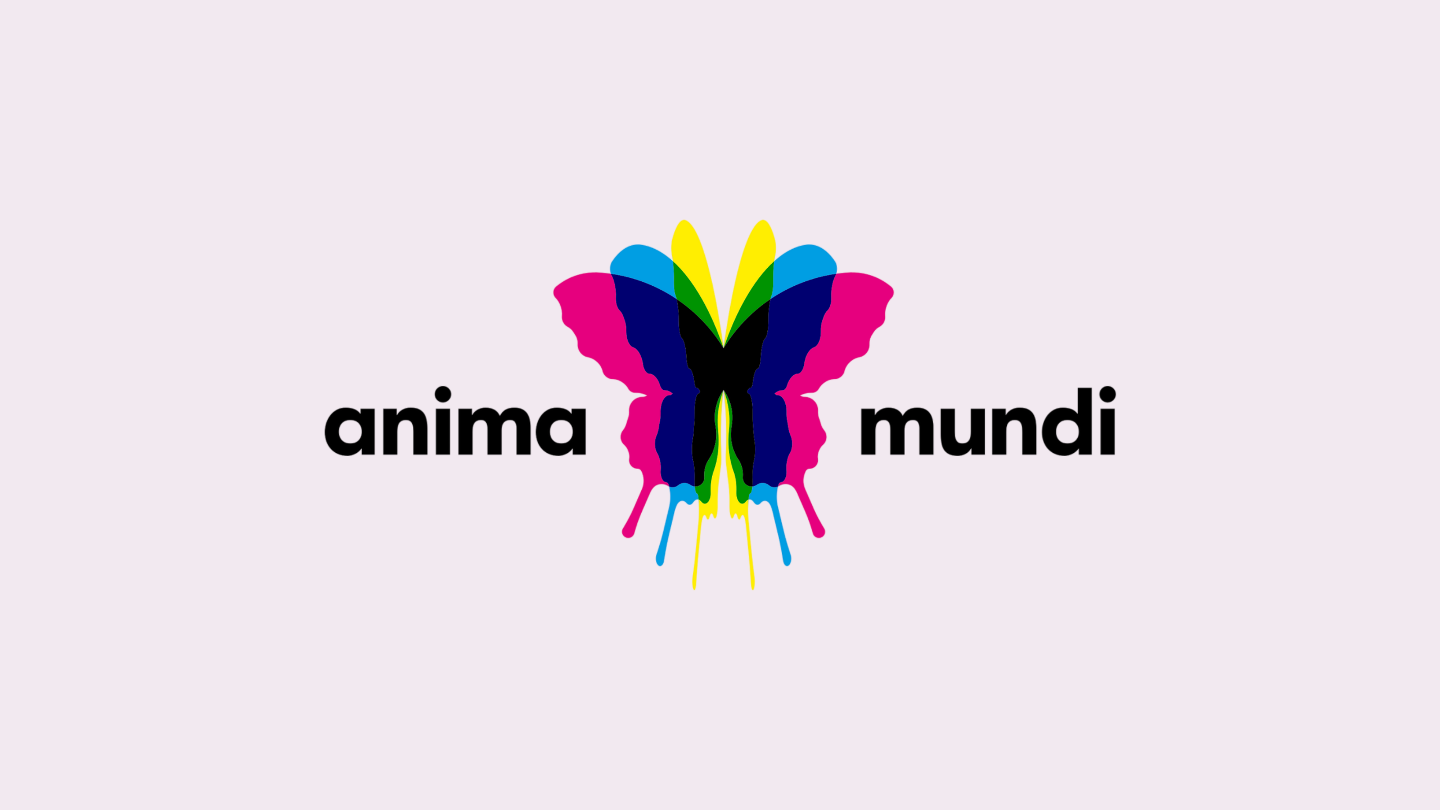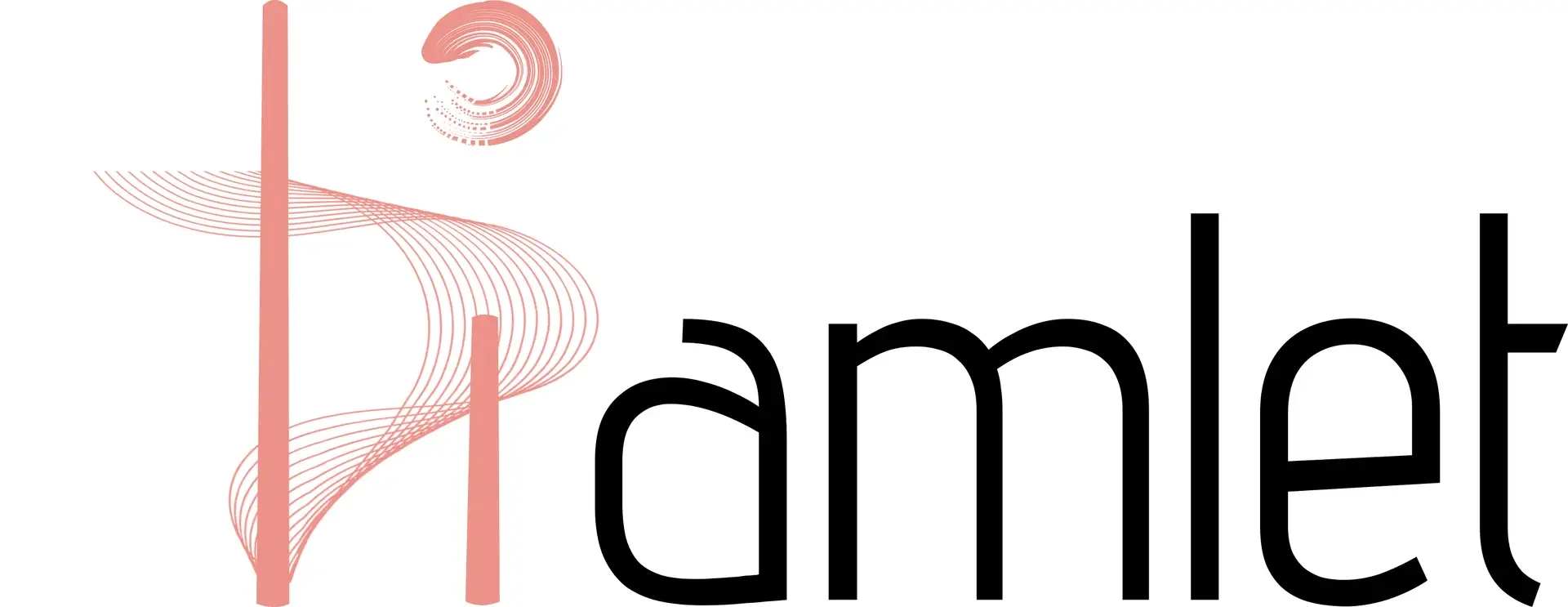Horizon Clusters
STRATEGIES is part of two different Horizon Europe funded clusters.
1. Cultural and Creative Industries for a Sustainable Climate Transition Cluster
Research projects within this cluster have as their goal to help European CCIs become better prepared to adapt to and contribute to the climate transition in line with the 2030 goals spelled out under a European Green Deal: ‘Make it green’. This cluster consists of seven research projects.
-
Craft Revitalization Action for Future-proofing the Transition to Innovative Technologies for Sustainable Development. CRAFT-IT4SD aims to activate the CCSI towards the green transition by building on the rich cultural heritage and strong creative traditions which underpin the European CCSI.
-
PACESETTERS is a research project that brings together partners and places, creative practice and research perspectives that are out of the ordinary: climate scientists and artistic entrepreneurs, difficult heritages and whitewashed villages, psychometrically validated surveys and circular aesthetics.
-
Just Fashion aims at accelerating climate transition in the fashion industry, by providing businesses in the partner countries with a reference framework and tools to shift their production methods, internal procedures and final products towards more sustainable models that are a lower carbon, circular and socially inclusive.
-
The overarching goal of StreamSCAPES is to kick start a new era in forward “thinking and doing” in the ways in which production, consumption and decision-making systems in the Cultural and Creative Industries (CCIs) lead through the sustainable climate transition (SCT) with a particular emphasis on Video-On-Demand (VOD) platforms as central nodes within audiovisual and cultural ecosystems.
-
EMCCINNO: Empowering Cultural and Creative Industries for a Sustainable Climate Transition. The EMCCINNO project (EMpowering CCIs to boost systemic INNOvation for sustainable climate transition) is a pioneering initiative that equips Cultural and Creative Industries (CCIs) with the tools and knowledge needed to innovate and contribute to climate action.
-
Intelligent Management of Indoor Air Quality for the Culture and Creative Industries. SIMIACCI improves traditional IAQ solutions, such as CH storage/showcases conditioning, heating ventilation, and air conditioning (HVAC), by developing a portfolio of innovative solutions reducing related energy demand by 30-50%) and extent CH conservation time. SIMIACCI will demonstrate: i) Metal Organic Framework (MOFs) adsorbents to efficiently capture noxious VOCs; ii) MOFs to mitigate NOx in real scenarios; iii) MOFs to capture H2S, iv) Predictive modelling to forecast contaminants concentrations evolution coupled with monitoring sensors and conservation/maintenance recommendations; v) Modular designs that fulfil the technical and environmental requirements of controlling IAQ; vi) New business models for the solutions portfolio that integrate the developed pillars, supported by market analysis and economic, environmental and social sustainability analysis.
2. Game Cluster
The second cluster in which STRATEGIES participates is the so-called Games for Culture Cluster. This cluster consists of twelve research projects.
-
HAMLET is revolutionizing the Cultural and Creative Industries (CCIs) by making Generative AI accessible to all. At its core is the HAMLET Collaborative Community Hub, a digital platform where artists, designers, game developers, and cultural professionals connect, share expertise, and co-create.
-
LoGaCulture: Locative Games for Cultural Heritage. LoGaCulture brings together the European academic leaders in digital locative experiences to explore how a new generation of innovative locative games might benefit European society through its cultural heritage sites.
-
Games Realising Effective and Affective Transformation. The GREAT Project aims to demonstrate that games have a positive impact on social engagement and create a new form of dialogue between citizens and policy stakeholders. By exploring the innovative potential of a games, citizens will be able to express their preferences and attitudes on policy issues. The project will carry out a series of case studies to test the approach, investigate its potential, and generalize the results.
-
Empowered Participation through Ideating Cultural Worlds and Environments. EPIC-WE is a Horizon Europe-funded project aiming to empower young people to participate in shaping European Culture and their own future by ‘imagining, creating and exchanging cultural values and heritage through game-making’. It focuses on exploring and developing new models for cultural collaboration, empowered participation, cultural processes and design kits for games through and for culture which can help establish culture hubs across Europe.
-
Recognizing the importance of video games in the modern cultural environment, the project "Building a community for the co-creation of games with high impact on innovation, sustainability, social cohesion, and growth" (i-Game) aims to create an accessible platform for the design and development of open-source games that will facilitate the co-creation of games by different interested parties in ecosystems of cultural and creative sectors and industries (CCSI), to enhance innovation with a positive impact on social cohesion and sustainability.
-
Games, Heritage, Arts, & Sport: the economic, social, and cultural value of the European videogame ecosystem. In a rapidly evolving digital landscape, Europe's video game industry ecosystems (EVGIE) face a critical challenge: the need for a more profound integration with traditional and emerging cultural sectors. The disconnect hinders the full potential of EVGIE, impacting economic growth, job creation, and societal cohesion. In this context, the EU-funded GAMEHEARTS project emerges as a beacon of change. With a consortium comprising Salford, Tampere, Vienna, Breda University, Wroclaw University of Economics and Business, and industry leaders like Ubisoft, the project will forge strategic collaborations. Overall, GAMEHEARTS pioneers 'ludic experiences', exploring how video game know-how can drive innovation in the creative and cultural industries. This transformative initiative promises policy recommendations and roadmaps, propelling sustained innovation and economic growth across Europe.
-
GAME-ER is a 36-month research project funded by HORIZON Europe and UKRI, dedicated to understanding the unique dynamics of local and regional video game clusters. We aim to provide policymakers and decision-makers with the knowledge and tools needed to foster thriving video game clusters.
-
MEGASKILLS aims to bridge the gap between education and the labour market through the research and design of an innovative and affordable game-based methodology for training and evaluating soft skills.
-
Gamifying the past to understand the present. MEMENTOES brings together museum experts and game developers to create gaming experiences that immerse players in the past. The project seeks to help users learn about historical injustice, develop empathy with marginalized groups, and draw conclusions about issues of today.
-
Customized games and routes for cultural heritage. Along with the tourism industry, cultural and creative industries (CCIs) are among the most affected by the pandemic. According to the reports of OECD and UNESCO, the venue and site-based CCIs (such as museums, art galleries, theatres), are the hardest hit by social distancing measures, since they depend on the human congregation.
-
The overarching goal of ANIMA MUNDI is to ‘awaken’ the sleeping giant of animation as a popular, promising and potent sector of the CCIs in European diversity and artistic expression, global markets and international cultural relations. ANIMA MUNDI will do so by generating and assessing data on, and addressing, cross-sectoral strengths as well as pervasive gaps in terms of intellectual property (IP), discoverability, and international partnerships in the European Animation Industry Ecosystem (EAIE) that enable or hinder its international promotion.











